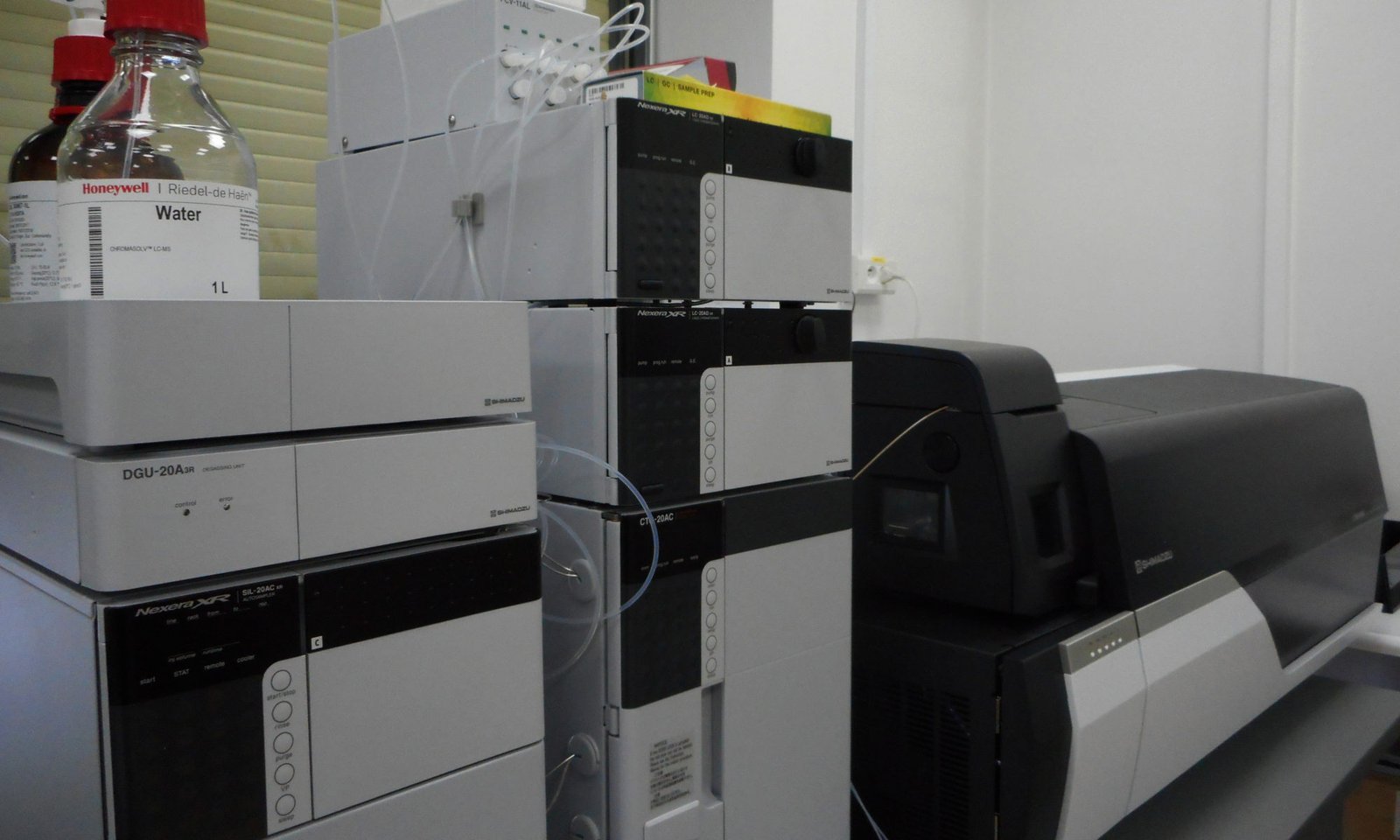Abstract
Significance: The excessive production of reactive oxygen species (ROS) has been linked to neurodegenerative diseases (NDs), and, therefore, many scientific works were published on the impact of ROS on the development of prevalent NDs, such as Alzheimer’s disease (AD) and Parkinson’s disease (PD). Since quantitative and qualitative bibliometric analyses in this research area have not yet been done, the aim of this work is to explore the scientific literature implying ROS in NDs and to identify the major contributors, mainstream research themes, and topics on the rise. Recent Advances: Overall, 22,885 publications were identified and analyzed within the Web of Science (WoS) Core Collection electronic database (Clarivate Analytics, Philadelphia, PA). Most of the manuscripts were published in the 21st century. The publications were mainly related to the WoS categories Neurosciences and Biochemistry molecular biology. The United States is the major contributor, harboring the most productive authors and institutions. China, South Korea, and India have emerged as upcoming major contributors in the 2010s. Two most productive journals were Journal of Neurochemistry and Free Radical Biology and Medicine. Critical Issues: AD, PD, and amyotrophic lateral sclerosis were much more investigated than multiple sclerosis and Huntington’s disease. Vitamin E and curcumin were frequently mentioned as potential antioxidant therapeutics, but their efficacy in treating NDs requires more clinical studies, since the existing evidence was mainly from in vitro experiments and in vivo animal studies. Future Directions: Mitochondrial dysfunction, autophagy, and nuclear factor erythroid 2-related factor 2 were among the author keywords with rising prevalence. Further research in these directions should advance our understanding of the mechanism and treatment of NDs.
Full text of the study can be accessed at the website of the publisher (journal subscription is needed), can be obtained by one-click-request on ResearchGate (by hitting the “Request full text” button), or can be supplied on demand by email request to a.atanasov.mailbox@gmail.com
Reference details: Yeung AWK, Tzvetkov NT, Georgieva MG, Ognyanov IV, Kordos K, Jóźwik A, Kühl T, Perry G, Petralia MC, Mazzon E, Atanasov AG. Reactive Oxygen Species and Their Impact in Neurodegenerative Diseases: Literature Landscape Analysis. Antioxid Redox Signal. 2020 Mar 9. doi: 10.1089/ars.2019.7952. PMID: 32030995.
Reactive Oxygen Species and Their Impact in Neurodegenerative Diseases: Literature Landscape Analysis https://t.co/COXyMTTnEt #INPST #ReactiveOxygenSpecies #NeurodegenerativeDiseases @HealthyFellow @MarcoAlbuja @erlesen
— INPST (@_INPST) March 23, 2020
Other social media channels: https://t.co/WO0pc6I3Q9 pic.twitter.com/w9CZRDeDw0
Why publish with Current Research in Biotechnology? Quality. Speed. Visibility. https://t.co/xj0ri5DgNI #CRBIOTECH #INPST pic.twitter.com/jcIVOavjjf
— Atanas G. Atanasov (@_atanas_) June 26, 2019
The International Natural Product Sciences Taskforce (INPST) maintains up-to-date lists with conferences, grants and funding opportunities, jobs and open positions, and journal special issues with relevance for the area of phytochemistry and food chemistry, pharmacology, biotechnology, medicine and pharmacognosy research, and natural product science.
Join for free INPST as a member

























